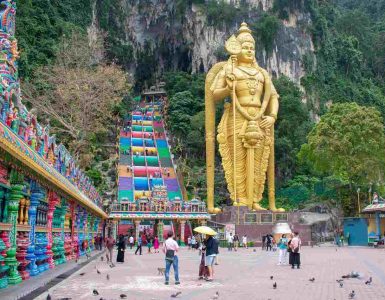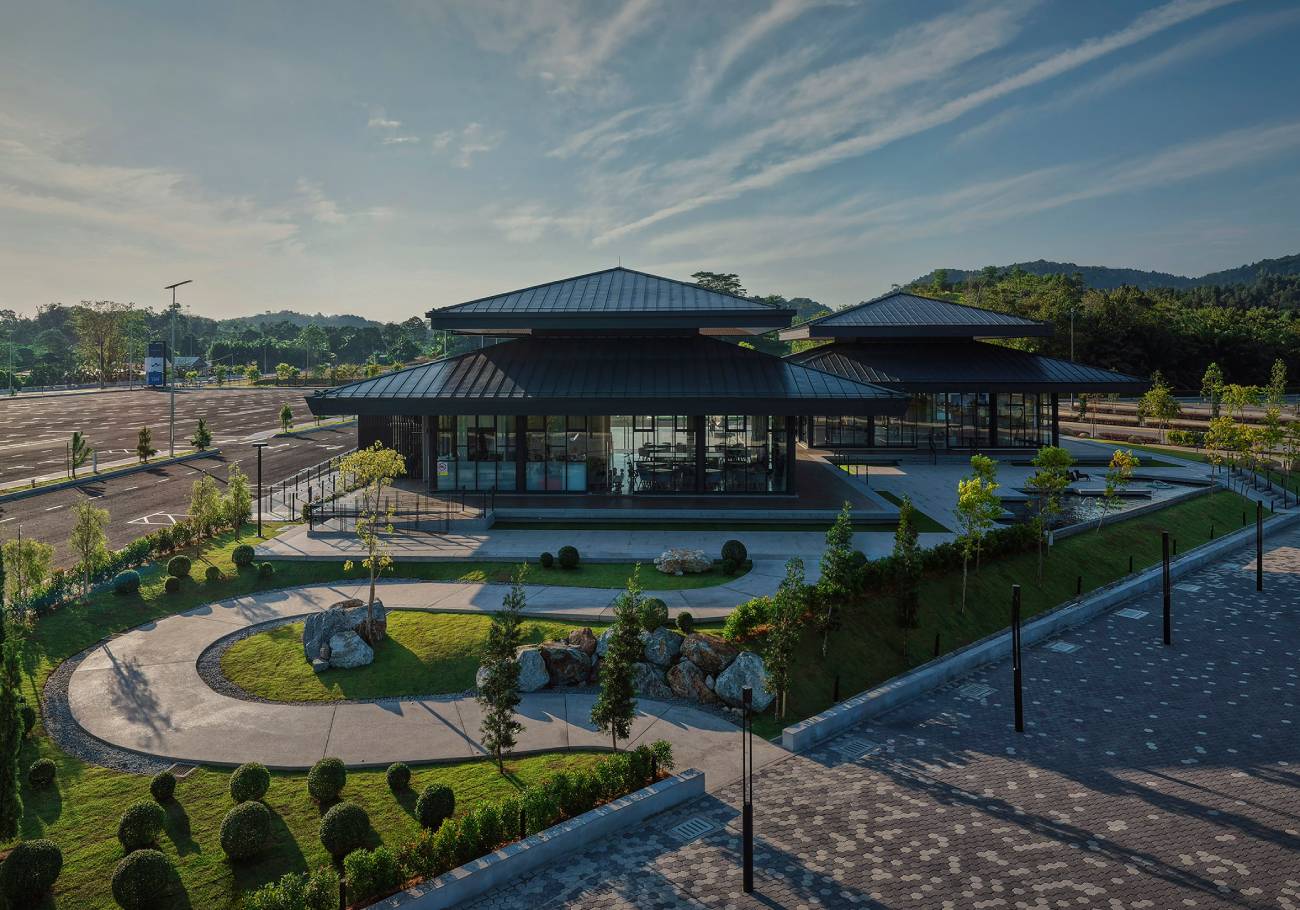By Hasmy Agam, Chairman, Suhakam

The Human Rights Commission of Malaysia (the Commission) welcomes the Peaceful Assembly Bill in line with the freedom of assembly as guaranteed by Article 10(1)(b) of the Federal Constitution and Article 20 of the Universal Declaration of Human Rights.
The Commission had provided some views on the freedom of assembly and related matters, but not on the draft Bill, in a meeting with the Attorney General last month.
Having perused the provisions of the Bill, the Commission is of the considered opinion that amendments to some of the provisions of the Bill must be made to ensure that the right of the people to express themselves through peaceful public assemblies is protected
and can be expressed in a manner that meaningly reflects the essence of that right.
Some of the provisions under the Bill impose too many restrictions and give too much discretionary powers to the police, thus undermining the right of the public to organise or participate in peaceful assemblies.
The Commisison proposes, among others, that:
1. A clearer distinction be made between the definition of an ”assembly” which includes procession and that of “street protest”;
2. The extension of the right to assemble peacefully without arms to non-citizens as they too have the right to express themselves and to be heard;
3. A review of the prohibition against any assembly within 50 meters of any prohibited places as such prohibition is impractical and unrealistic in most cities and towns;
4. To reconsider the provisions on the participation of children lowering the permissible age of 15 to a more appropriate age in the light of our treaty obligations under the Convention of the Rights of the Child (CRC);
5. To review the notification period of 30 days or to provide for exceptions in cases where it is not feasible or not practicable to meet the requirement of 30 days;
6. To review Clause 13 to put in place a co-operative model which would allow the police and the organiser of public assemblies to discuss and arrive at a consensus on matters relating to the assembly for the purpose of facilitating the assembly in line with the objectives of the Bill;
7. To allow the appeal on restrictions and conditions imposed by the police to be made to the court instead of to the Minister;
8. To review Clause 19 which deems as organisers persons who promote, sponsor, hold or supervise the assembly, or invite or recruit participants or who are speakers for the
assembly. These persons are merely exercising their basic democratic rights and should not be held fully responsible in the event of any non-compliance;9. To incorporate the provisions of the UN Basic Principles on the Use of Force and Firearms by Law Enforcement Officials under Part V of the Bill which deals with enforcement;
10. To ensure full, and not just reasonable, access of the media in public assemblies under Clause 24; and
11. To include a provision to allow external parties, such as this Commission, the Bar Council and other relevant statutory bodies to monitor public assemblies.
In principle, the Commission supports the objectives of the Bill. Nevertheless, it stresses that in the implementation of the the Bill, a proper balance must be struck between organising and participating in public assemblies, and the protection of the rights and freedom of other persons who are indirectly affected by the assemblies.
The announcement to repeal Sections 27, 27A, 27B and 27C of the Police Act 1967 is much welcomed as it recognises the spirit of and the respect for human rights. However, the Bill replacing it imposes too many restrictions and conditions for the public instead of facilitating freedom of assembly.
Whilst acknowledging that peace and stability are paramount and that public order needs to be maintained at all times, the Commission is of the view that peaceful public assemblies provide an avenue for the public to express themselves on issues that are of concern.
The Commission therefore calls upon the Government to consider recommendations made by various parties and open up avenue for discussion and public discourse on freedom of assembly before enacting the Peaceful Assembly Bill into law to ensure that the provisions provided are in line with human rights principles.











